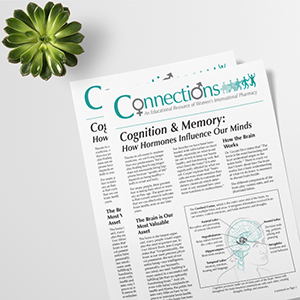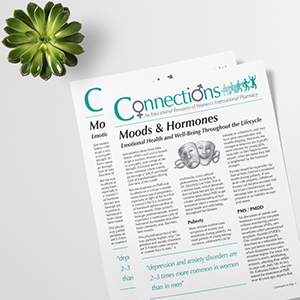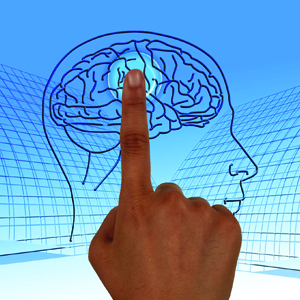Mental Health Resources
Many different hormones play a pivotal roles in our mental health. While hormones have long been associated with changes in mood—such as anxiety and depression found in PMS or menopause—researchers have widened their scope to explore the hormonal influences on other psychiatric disorders such as schizophrenia, bipolar disorders, and more. Explore the resources below to learn more about the connection hormones and emotions, moods, memory, and more!


















